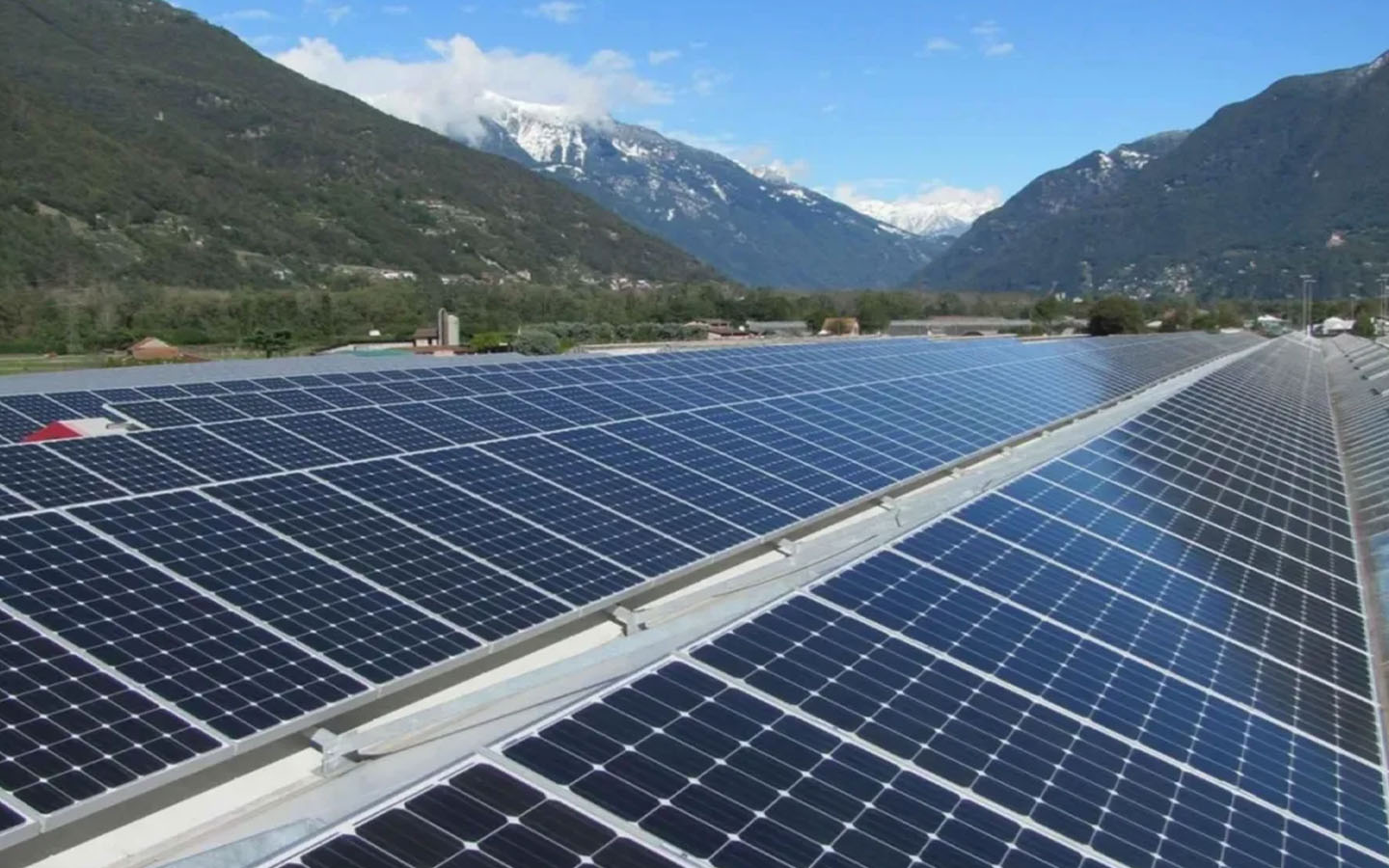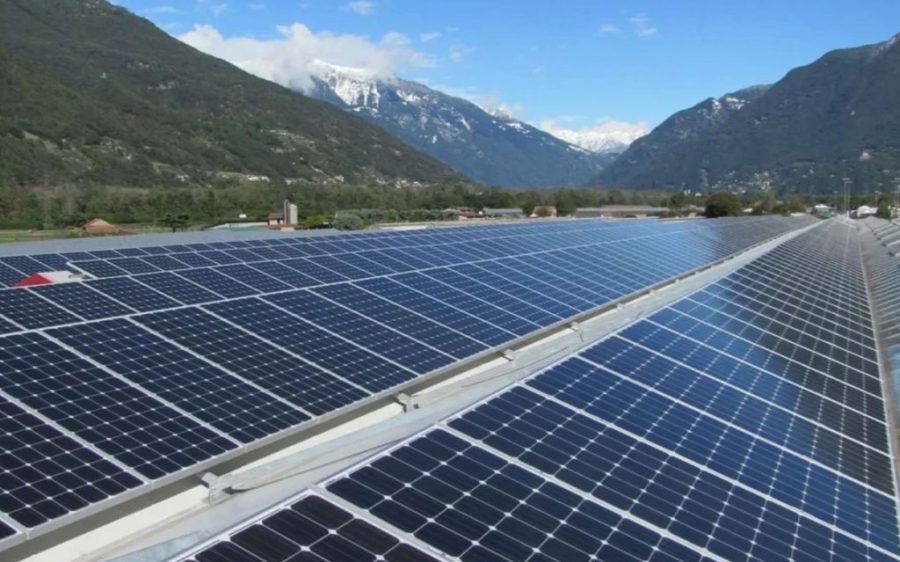A subsidiary of China General Nuclear Power Group (CGN) has inaugurated its first self-built greenfield solar power project in Brazil, the 165-MW complex creating over 1,000 jobs and cutting greenhouse gas emissions.
Sixteen months after breaking ground, government officials and corporate representatives gathered in the municipality of Russas to inaugurate the Lagoinha Solar Complex, reports China Daily. Covering an area of 304 hectares, the CGN Brazil solar complex has an installed capacity of 165 MW and is expected to generate around 400 million kilowatt-hours of electricity, enough to power around 200,000 homes.
Mayor Sávio Gurgel called the inauguration “a very important day” for Russas, praising the jobs created by the new solar complex, as well as its contribution to the environment, cutting some 350,000 tons of carbon dioxide emissions. Since its launch, the project has created over 1,000 direct and indirect jobs in Russas and in the Vale do Jaguaribe region.
Raimunda Sombra, 54, said at the inauguration that she is “very grateful for the opportunity” CGN gave her, overseeing general and kitchen services. “It’s wonderful for the region,” she said. “For me, it’s all still new, but it’s a great opportunity for those who live here.”
The project is also an opportunity for China to reinforce its position as a leading supplier of solar technologies, as well as renewable energy solutions more broadly.
[See more: China’s SPIC makes its solar debut in Brazil]
“For Chinese developers like CGN operating overseas, leveraging domestically produced, high-quality components offers significant advantages in terms of cost, supply chain reliability and technical integration,” Lin Boqiang, head of the China Institute for Studies in Energy Policy at Xiamen University, told China Daily.
“It’s a powerful engine driving the ‘going global’ strategy for China’s solar industry, securing market share and building brand presence in crucial emerging markets like Brazil,” Lin said.
While Lagoinha is the company’s first self-built greenfield solar power project in Brazil, it joins a growing portfolio of clean energy plants in the country. CGN Brazil now operates eight wind farms and three solar power plants across five Brazilian states. With a total installed capacity of more than 1.6 GW, the company is among Brazil’s top 10 clean energy suppliers. That distinction holds even more weight given the proliferation of clean energy in the country, which boasts the lowest share of fossil fuels in its energy mix among the world’s leading economies.
CGN Brazil will be adding more in the future, having signed a memorandum of understanding with the Ceará government last November that includes the development of a 1,000-MW offshore wind project and a green hydrogen pilot plant.
Green hydrogen, a clean alternative to the fossil fuel-derived gray hydrogen, is considered essential to meeting the goals of the Paris Climate Agreement due to its usefulness in sectors otherwise difficult to decarbonise, like transport and heavy industry. Brazil, a recent study revealed, is well-positioned to become a leading exporter of the fuel, “promoting economic growth, job creation and environmental sustainability to attain a global leadership position.”






